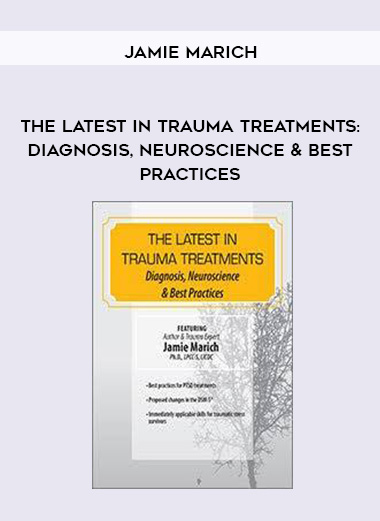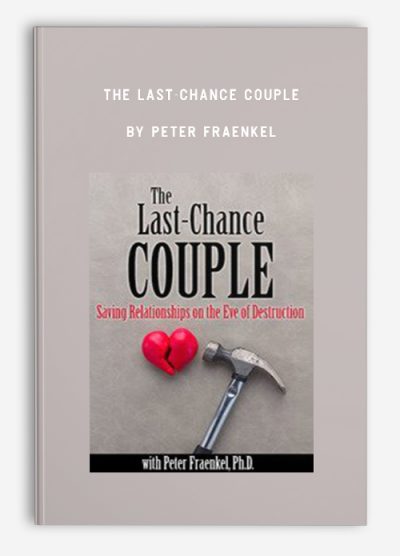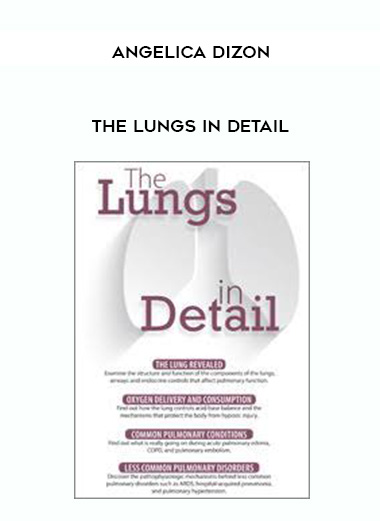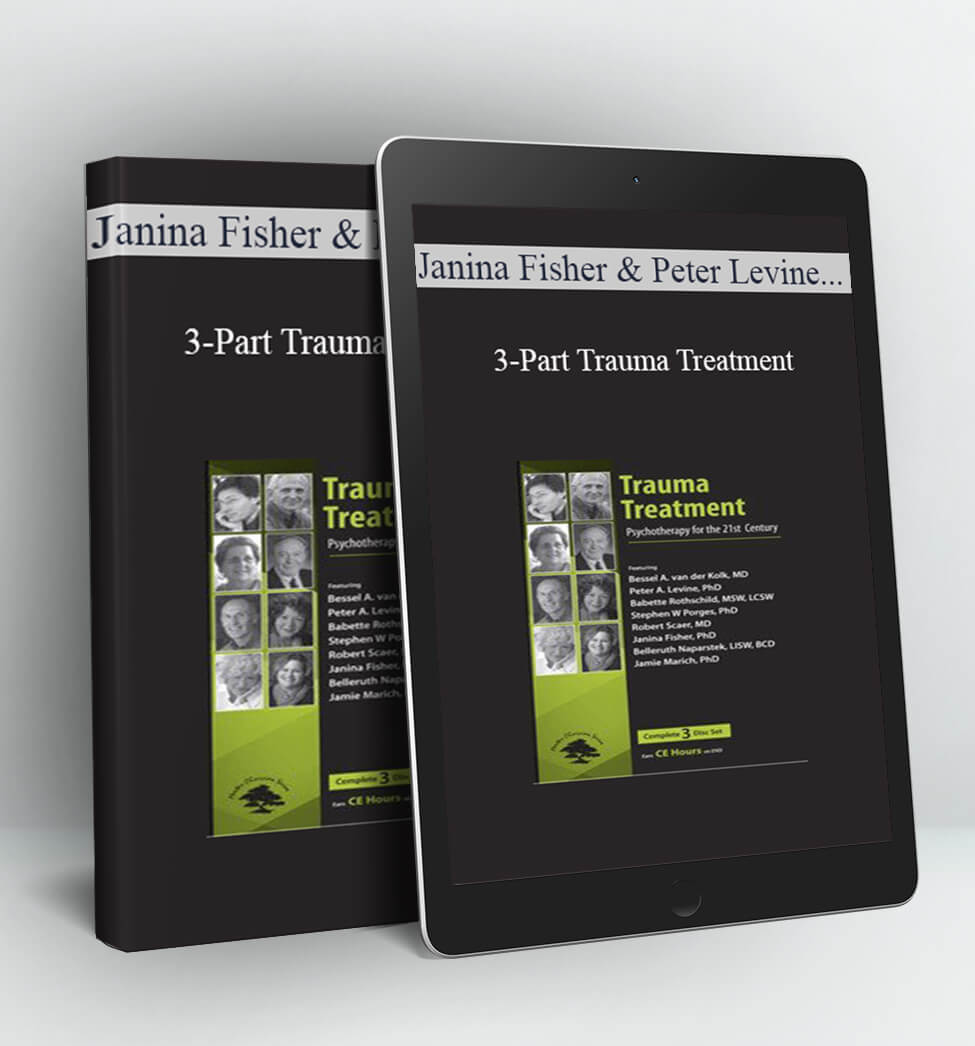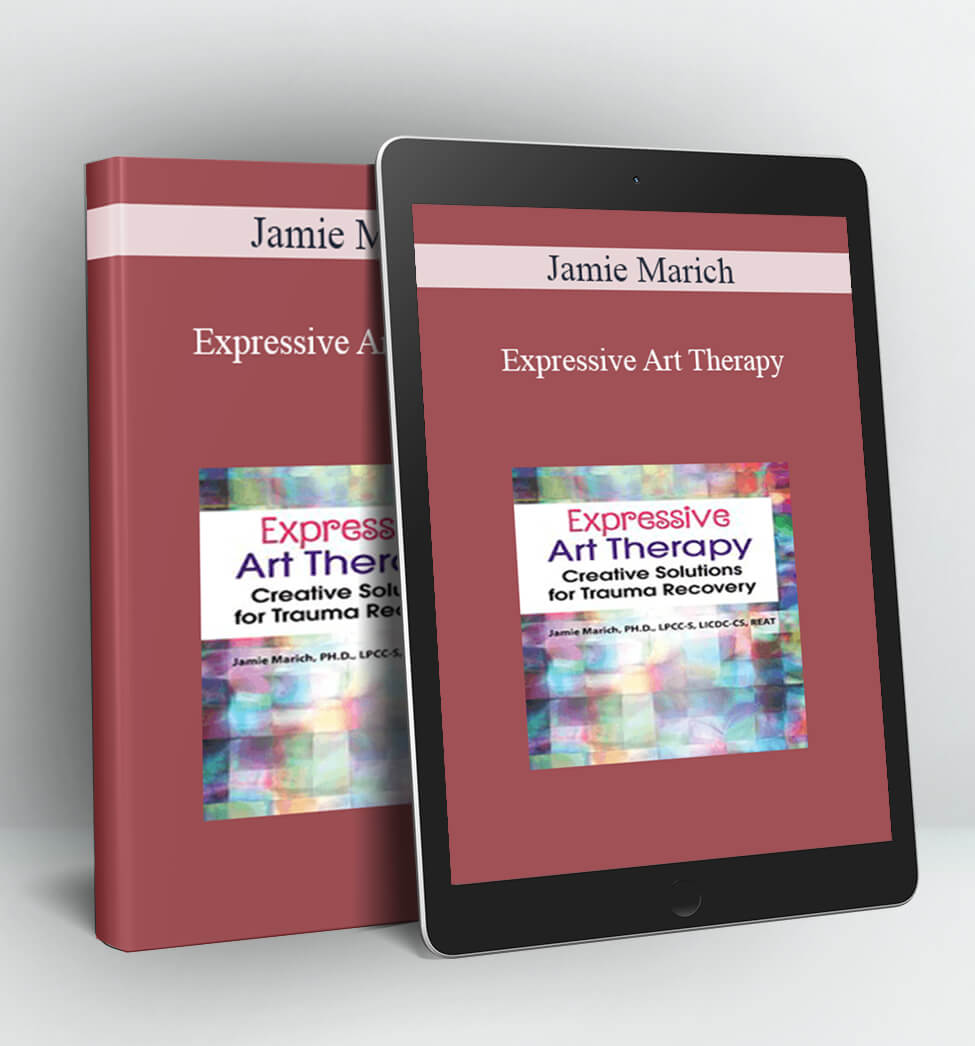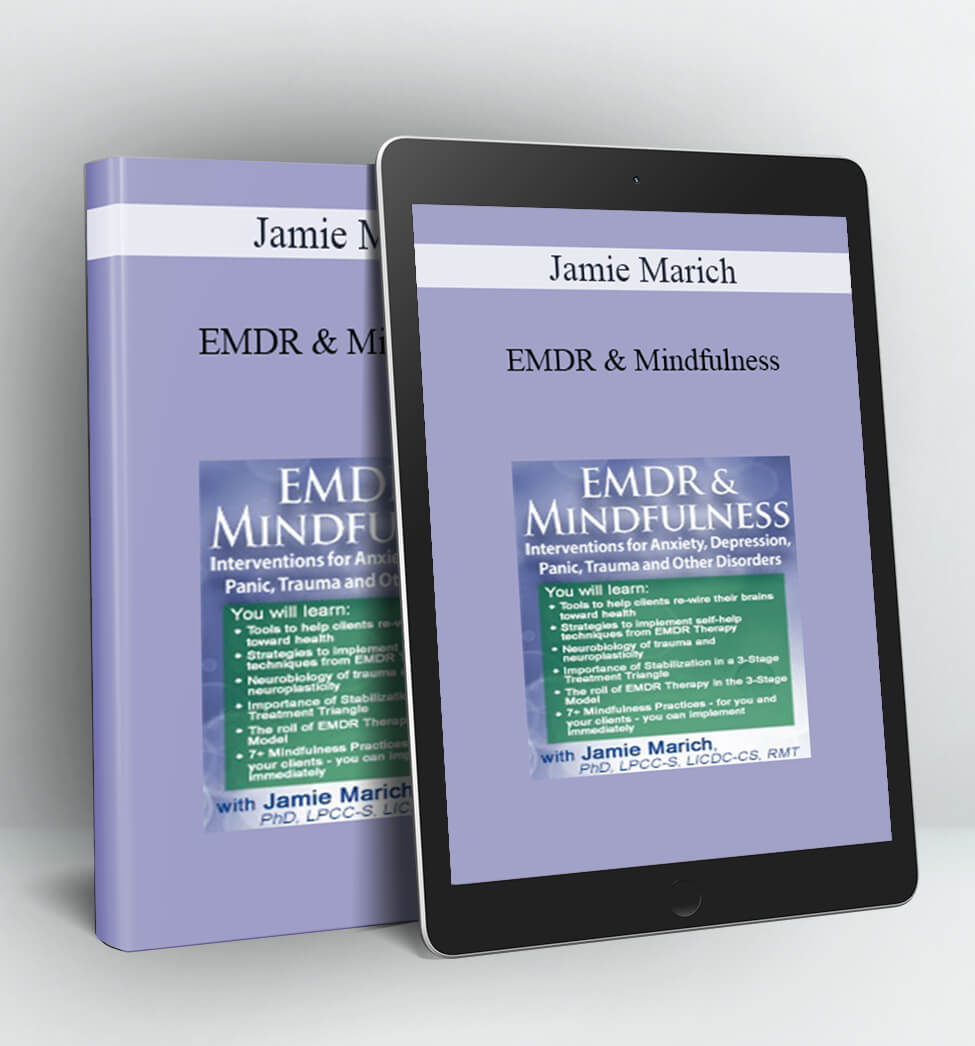THE LATEST IN TRAUMA TREATMENTS: DIAGNOSIS, NEUROSCIENCE & BEST PRACTICES – JAMIE MARICH
- Best practices for PTSD treatments
- Proposed changes in the DSM-5®
- Immediately applicable skills for traumatic stress survivors
This cutting-edge seminar presents the new trauma paradigm and how best to use this information to help your traumatized clients. Join Dr. Jamie Marich to learn about:
- The current understandings of Post-Traumatic Stress Disorder
- Best practices for PTSD treatments
- Proposed changes of the PTSD diagnosis in DSM-5®
- Developmental Trauma Disorder (Bessel van der Kolk)
- DESNOS (Disorder of Extreme Stress Not Otherwise Specified (Herman)
This seminar will provide you with assessment skills and therapeutic techniques that are immediately applicable for traumatic stress survivors. If you work in an environment with any type of traumatic stress survivors and desire to increase your repertoire of therapies and techniques, then this seminar is for you!
- Describe the biological nature of trauma; how trauma is stored in the body and limbic system, creating physical and psychological symptoms.
- List the symptoms of trauma- hyperarousal; affect dysregulation; dissociation, body memories and “flashbacks”.
- Summarize the most effective somatic techniques to reduce/eliminate client’s body memories, “flashbacks” and dissociation.
- Demonstrate various meridian-based techniques to decrease client’s arousal levels and modulate affect.
- List and define two current modalities for effectively reprocessing traumatic material.
- Describe the three phases of trauma treatment.
- Define and differentiate among the following: Developmental Trauma Disorder, Simple Post Traumatic Stress Disorder, Complex Post Traumatic Stress Disorder, and/or Disorders of Extreme Stress NOS.
GET THE LATEST IN TRAUMA TREATMENTS: DIAGNOSIS, NEUROSCIENCE & BEST PRACTICES OF AUTHOR JAMIE MARICH
ASSESSMENT AND TREATMENT OF TRAUMA DISORDERS
PART 1 THEORY AND ASSESSMENT
Four important criteria:
- DSM-IV-TR® Post-traumatic Stress Disorder
- DSM-IV-TR® Acute Stress Disorder
- DSM-5® potential changes
- Complex Post-traumatic Stress Disorder
- Developmental Trauma Disorder
Multi System Assessment
- Single incident trauma vs. multiple trauma
- Combat, non combat, natural disaster
- The Loss/trauma history
- Family systems
- Social systems
- Personality Style and defensive structure
- Normal vs. prolonged grief
Neuroscience’s Current Trauma Paradigm
- Biological nature of trauma
- Specific trauma symptoms and their order of appearance
- Primary treatment issues in trauma therapy
Trauma’s Somatic and Sensorimotor Sequelae – “The body keeps the score”
- Hyperarousal
- Hypoarousal
- Dissociation, body memories and “flashbacks”
- Affect dysregulation
Trauma’s Emotional and Spiritual Sequelae
- Emotional avoidance
- Meaning and beliefs
- Existential and spiritual crises
PART 2 TREATMENT
The Three Phases of Trauma Treatment that are Required for Treating Trauma in an Ethical Manner
Techniques To Implement Cognitive, Somatic Interventions
- In and out-of-session exercises for dissociative episodes and “flashbacks
- Somatic exercises to facilitate the discharge of trapped “survival energy”
Techniques for Affect Regulation and Reduction of Physiological Arousal
- In and out-of-session exercises for:
- Grounding and centering
- Containment and self-soothing
- Decreasing physiological arousal levels
- Recognizing and regulating affect
Trauma Reprocessing: Indications, Theory and Modalities
- Eye Movement Desensitization and
- Reprocessing (EMDR)
- Meridian-based techniques
- Somatic Experiencing (SE)
Techniques for Self-Mastery
- Mindfulness
- Cognitive approaches
- Values based approaches

